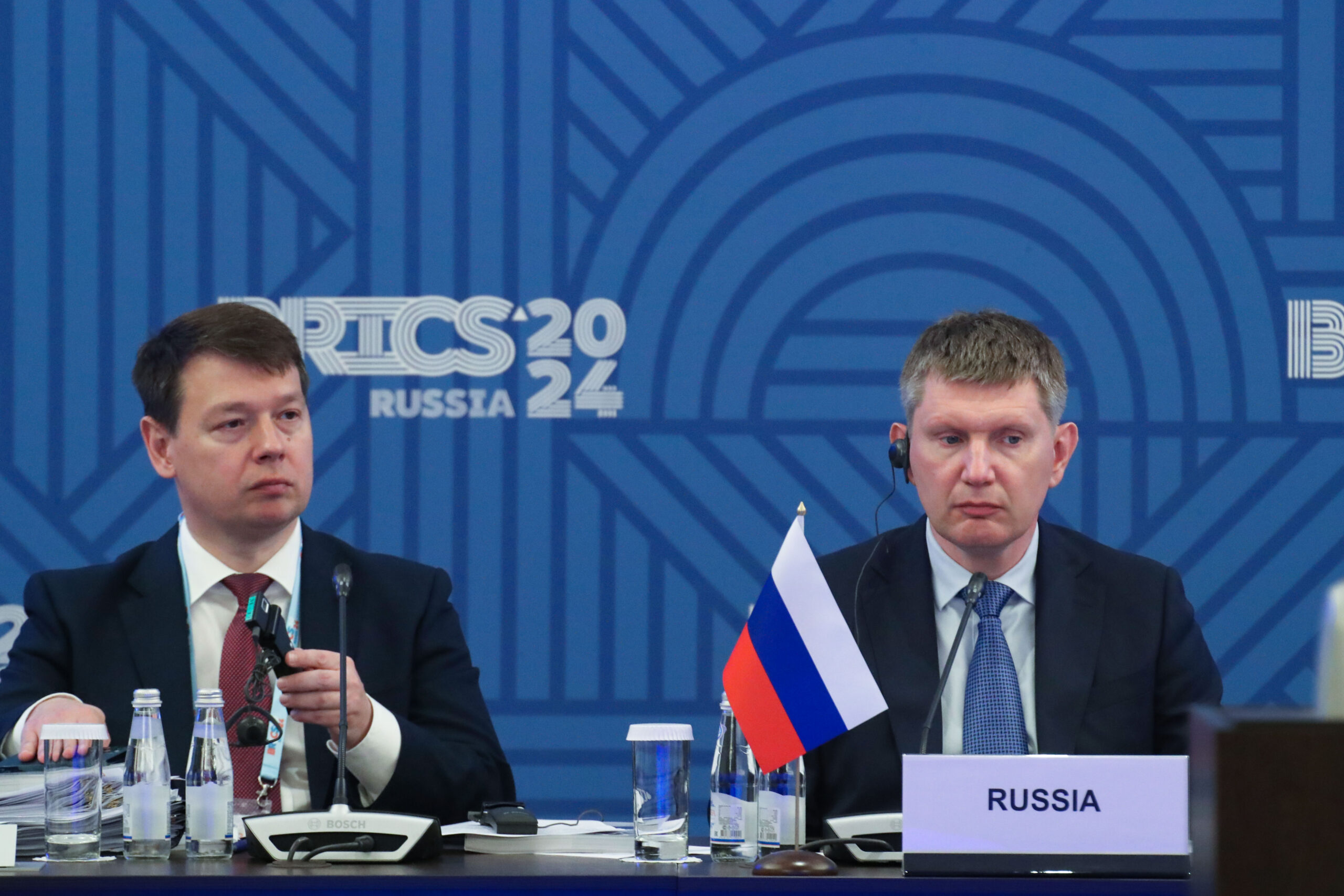
BRICS has reportedly suspended its strategic expansion efforts, raising questions about the implications and challenges this decision presents. The expansion of BRICS has been a key topic of discussion in recent years, with several emerging economies expressing interest in joining the group. However, the suspension of this process signals a shift in the alliance’s approach.
One of the primary implications of this suspension is the potential impact on BRICS’s global influence. The expansion was seen as a way to bolster its economic and geopolitical clout, particularly as it sought to provide an alternative to Western-dominated global institutions like the G7 and the International Monetary Fund. By pausing its expansion plans, BRICS may be limiting its ability to extend its influence across a broader range of emerging markets.
The decision to suspend expansion also highlights internal challenges within BRICS. The alliance comprises countries with diverse political systems, economic structures, and strategic interests. Managing these differences while incorporating new members could complicate decision-making processes and strain the cohesion of the group. The suspension may reflect a need to address these internal dynamics before bringing new members into the fold.
Moreover, the suspension raises concerns about the future of BRICS’ strategic goals. BRICS has been a vocal advocate for a multipolar world order and greater representation for emerging economies on the global stage. Halting expansion efforts could be seen as a step back from these ambitions, potentially weakening the alliance’s stance on global governance reform.
While the suspension of BRICS’s expansion may allow the group to consolidate its existing membership, it also poses challenges for its long-term vision and global influence. How BRICS navigates these challenges will be critical in shaping its future role on the world stage.

